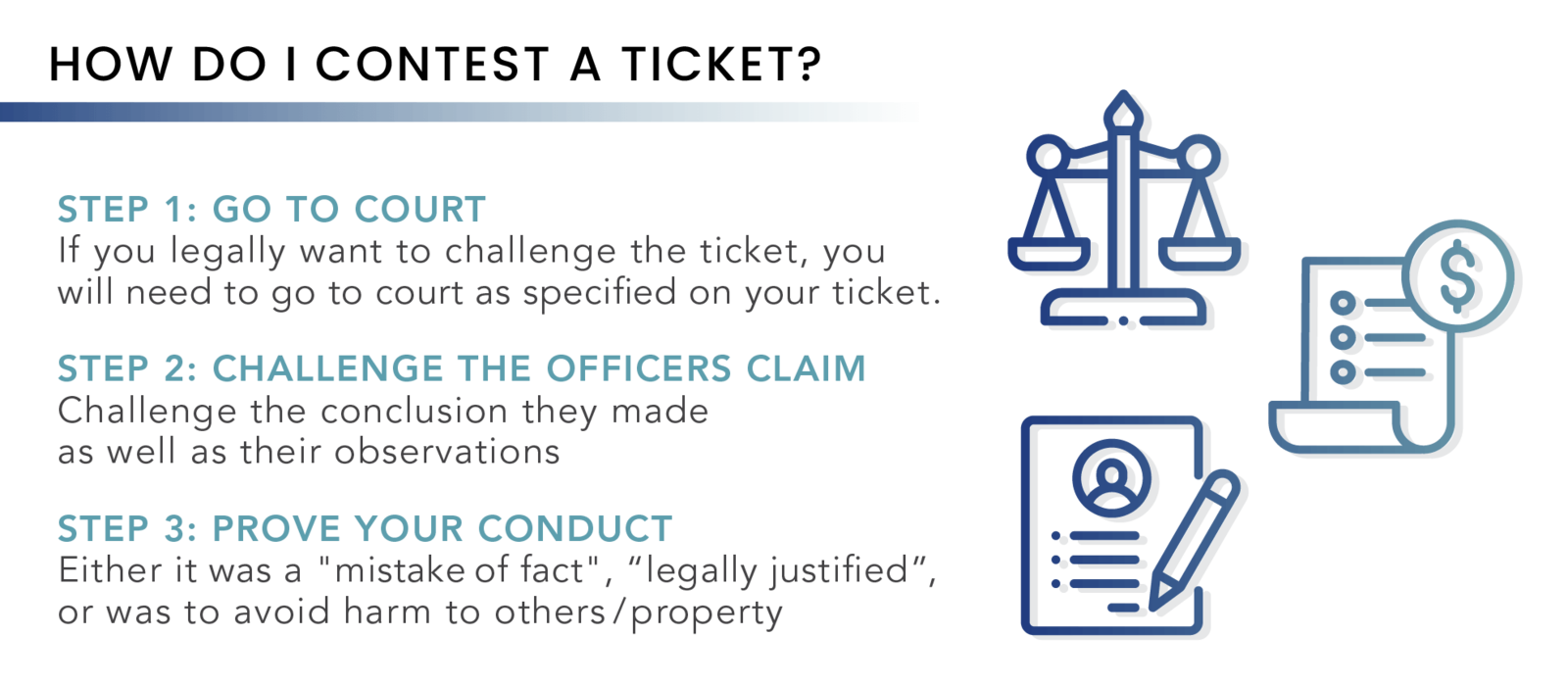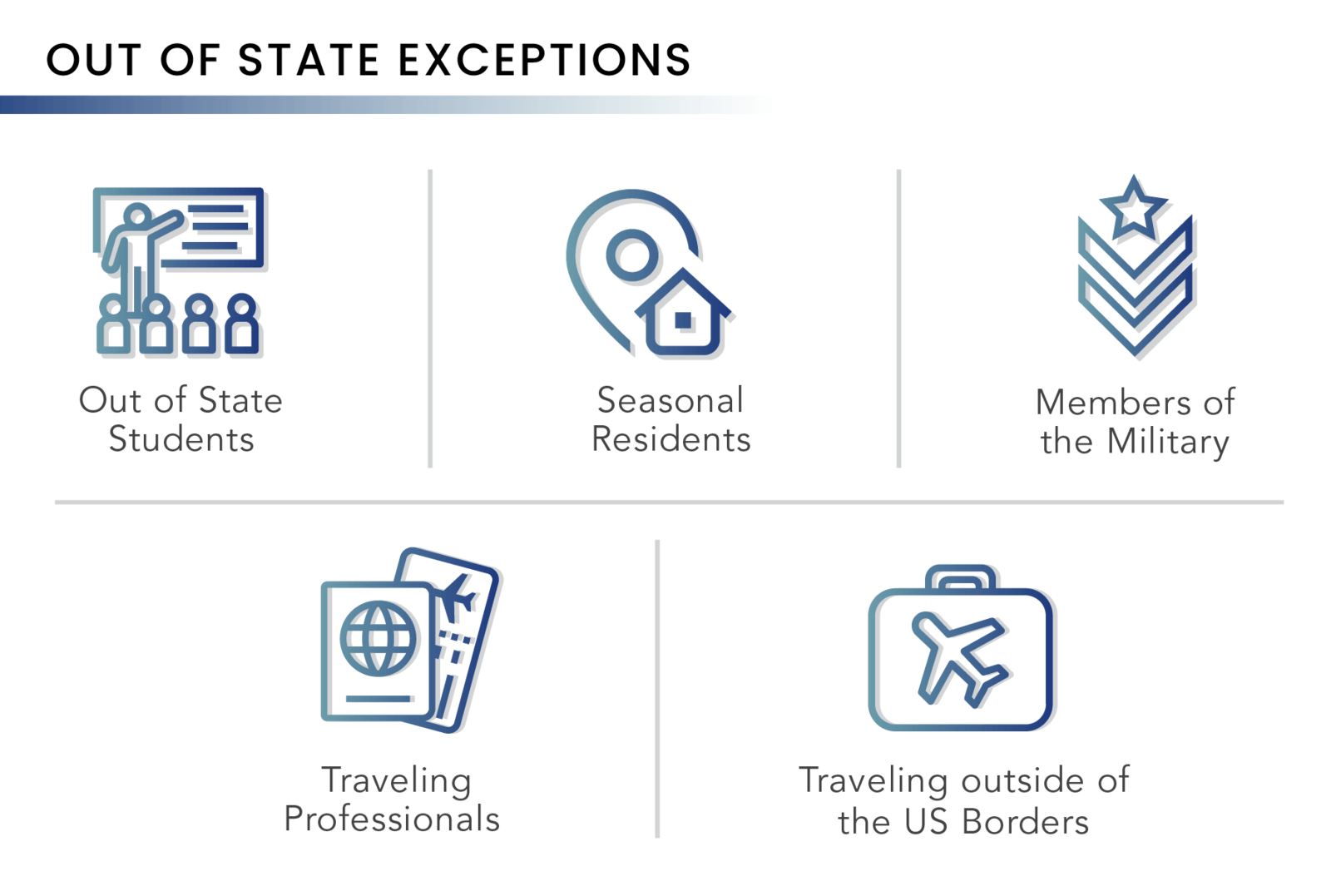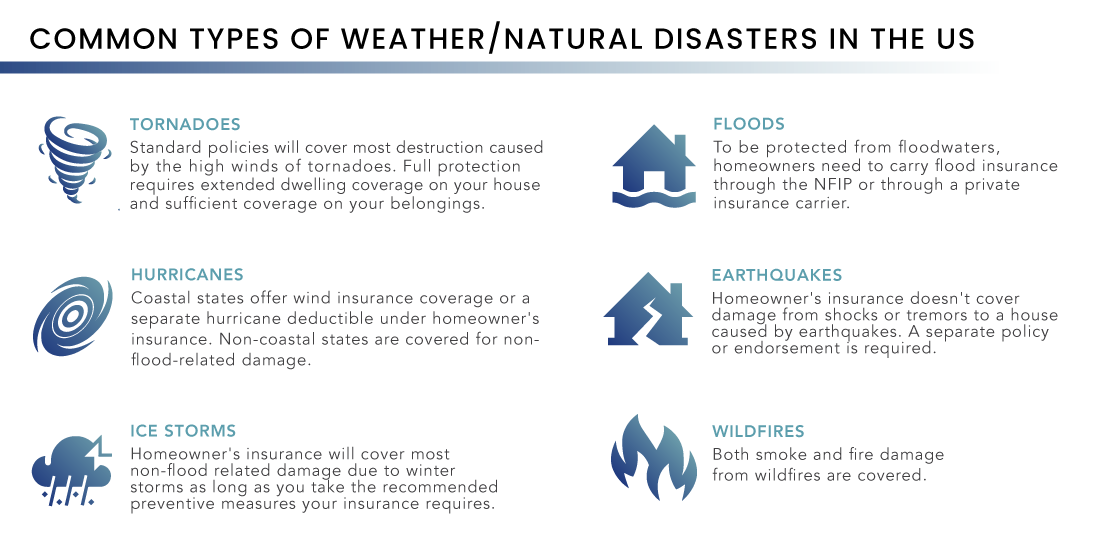8:00 - 17:00
Opening Hour: Mon - Fri
As much as we’d like to say that everything will always happen by the book, that will unfortunately never be the case. There are always going to be certain situations where things are a little less clear and will require special things to get around them.
This especially applies to your car insurance. There are many situations where you might not know exactly what you need to do because there isn’t a lot of information about it. That’s where we come in.
We’ve put together this guide of special situations for your car insurance that you’ll want to know about. We’ll cover topics under car insurance coverage, traffic violations, out-of-state situations, and weather/natural disasters. All in one convenient place.
And when you’re ready, just enter your ZIP code in our FREE online tool to find great quotes in your area.
So buckle up tight, and let’s get this party started.
Table of Contents
There are special situations when it comes to your car insurance coverage that you may be questioning.
In this section, we’ll discuss a few special situations that you’ll want to know about your insurance coverage.
You pay for your car insurance through premiums and auto insurance deductibles. Did you know though, that they can be written off on your taxes under special circumstances?
If you use your vehicle solely for business purposes, you can write that off on your business taxes.
Deductibles are a little trickier but apply to the same principle. If you use your vehicle for business, then any costs of that vehicle (gas, maintenance, insurance premiums) are considered business expenses and can be tax-deductible.
So what counts as business purposes?
For starters, you can’t deduct your car insurance for a car you use to commute to work.
You can get your vehicle considered as a business expense if you’re a traveling contractor, for example. You use your vehicle as a means for travel to various locations that your contract takes you to. This would qualify as a business expense because it would be classified under travel expenses.
Another example of how your vehicle would be used for business purposes is if you were to work with a ridesharing service such as Uber or Lyft. Your vehicle is vital to that business, so it would be considered a business expense.
If you use your vehicle for both business and personal use, you could still write off some for taxes, but you would need to submit proper documentation of when your vehicle is being used for business and when your vehicle is being used for your own personal use. Driving to your Aunt Nancy’s house for a weekend visit won’t cut it, unfortunately.
The moment you leave the car dealership with your brand-new car is also the moment that your vehicle starts to deplete in value. When you insure that vehicle, most auto insurance policies will cover only the depreciated value of that vehicle at the time you need coverage.
So, for example, if you bought your new car for $70,000 and after two years it depletes to $50,000, your insurance policy would cover you only for that depleted value of $50,000.
What are you to do then? Collision and comprehensive coverage will only cover you for so much in this situation, so what can you depend on? Gap coverage insurance.
What is gap insurance?
According to the Insurance Information Institute (III), gap coverage insurance is the coverage that will cover the difference between what your car is worth (the depleted value of what it is currently worth) and the amount that you owe for that vehicle.
How would this type of coverage benefit you? Well, if you fall into any of the categories below, this coverage may just be worth the extra cost:
It’s a good idea to consider buying gap insurance for your new car or truck purchase if you:
If you fall into any of these situations, it would definitely be worth your while to consider adding this coverage.
We like to think that as soon as we get insurance coverage, it will cover us no matter what happens. Well, unfortunately, there may be some situations where your insurance provider may actually deny you coverage.
We’ll only discuss a few of these reasons in this section as follows:
The first way to get your insurance provider to deny your coverage is through a breach in policy. That means you did something strictly prohibited in your policy.
This usually is reserved for things that were done illegally by the driver, such as street-racing or using your vehicle to transport illegal substances, to name a few.
If you violate a part of the policy, your provider has the right to terminate that policy.
The second way for your coverage to be denied would be for a fraudulent claim. This could mean a number of different scenarios:
Not only will it go against your policy to submit a fraudulent claim and therefore nullify your policy with your provider, but it’s also illegal to do. You could be facing some serious legal penalties.
The third way for your coverage to be denied would be that the specific type of claim you are making isn’t covered.
For instance, maybe you opted not to get collision coverage for your vehicle. You end up in an accident and would like to be reimbursed for the repairs from that collision. Since you opted not to have that coverage type, your claim for that will be denied. Basically, if you don’t put that type of coverage on your plan, you won’t get coverage for it.
The fourth way for you to be denied coverage would be if the repairs for your car cost less than your deductible.
If your insurance deductible is $700 but the damage to your car is only $500, this means that the deductible hasn’t been met, and you’ll be responsible for covering that cost. The lower your deductible, the better your chances of avoiding this type of denial.
Finally, the fifth way that we’ll discuss is if your policy has expired or has been canceled. This one is fairly obvious, but if your policy has expired, or if you or the provider has canceled your policy, you won’t be covered.
No one likes getting a traffic ticket. It’s costly and can affect your insurance coverage, depending on how severe the traffic violation.
So what situations should you know about for traffic violations?
Keep reading to find out.
The short answer to this is that it depends on what type of traffic violation was committed, and who you’re insured under.
The time frame depends heavily upon those two factors, as some moving violations can easily be cleared from your driving record and wouldn’t even affect your insurance. Other, more serious violations can take years before they can be taken off your record and will last longer for your insurance premium.
Minor traffic violations will have a shorter life span on your insurance premium, while more severe violations (such as a DUI or license suspensions or revocations) will last much longer.
Tickets are sometimes just a part of driving, as you could do everything right and still get one. If this were to happen to you, and you know that you weren’t doing anything wrong, you can actually do something about it. You can contest your ticket.
Contesting your ticket means that you can show proof that you were innocent of the traffic violation you are charged with.
To contest a ticket, check out the following steps.

Keep reading for more details about each step.
This first step is pretty obvious. When you receive your ticket, you’ll find the amount you’re being charged for the violation, as well as a court date. This court date is vital if you want to contest your ticket.
A lot of people will just send in the payment if they wish to avoid court, but if you want to contest your ticket, you have to show up at the allocated court date, time, and location.
If you want a more in-depth look as to how to deal with the traffic ticket initially, check out the example video below from the Florida Seminole County Clerk of Court.
Once you get to court, you’ll be given a chance to provide whatever evidence you have to prove your innocence, or you can prove that the officer’s claim may be false.
How to do this is fairly easy in many states. You just need to challenge what the police officer’s view of the supposed violation was.
This may sound pretty difficult, but in many situations, this would be fairly easy to challenge.
For instance, let’s say you make an unsafe left turn only because of other traffic conditions around you. To the police officer, you violated the law. But under the circumstance, your actions would be deemed as “safe and responsible” because you were trying to avoid an accident with other drivers around you.
Even better evidence for this could be provided for your argument if there were traffic cameras in the location you were at. This way you could point out the other, more dangerous, driving circumstances you were trying to avoid.
Another example of this would be if you can prove that the cop wasn’t in a good location to see what occurred. So if they were parked around the corner and saw you driving faster than the speed limit, you could argue that because of where they were parked, they wouldn’t have had a good view of what you were actually doing at the time.
Basically, if you can prove that the law enforcement officer didn’t have a subjective view of the violation, you can argue that you shouldn’t be charged with that violation. The more proof that you can have for it, the better your argument will be.
The other way you can contest your ticket is to prove your conduct. Proving your conduct is showing the judge that your actions were justified for whatever violation you are being charged with.
There are three easy ways to prove your conduct: a mistake of fact, legal justification and avoiding harm to others/property.
You’re in another state visiting family, and you’re pulled over by law enforcement and given a ticket. What would you need to do? You obviously don’t live in that state.
The good news is that if you know you committed the violation you were charged with, the easiest way to deal with it would be to just send the required payment before the deadline. That way you avoid having to show up for the court date.
If you want to contest your ticket, then you’ll need to show up at the specified court location, which can be difficult based on where you might live.
Depending on the state in which you live, and the state where the violation occurred, you may be able to contact the court to see if the court location can be moved to a more convenient location for you. But again, this depends on the state, as some states won’t move court locations.
Enter your ZIP code below to view companies that have cheap auto insurance rates.

A lot of questions come in around out-of-state traveling.
Are there particular things that you need to do to drive out of state? What happens if you get into an accident out-of-state?
We’ll take a look at a few of these special situations and discuss them.
You’re traveling to visit family in another state, and you decide to drive there. You’ll want to know exactly which state’s insurance practices you’ll need to follow.
So which state will you need to adhere to?
The good news is that pretty much any car insurance policy in the United States will cover you anywhere in the nation. This means that your insurance policy will adhere to whatever state you are in.
For instance, let’s say you live in Florida, but decide to visit your family in South Carolina. As long as you have the minimum liability coverage for Florida, your policy will function as if you have the appropriate minimum insurance in South Carolina as well.
You may be wondering, does this also apply to no-fault states and at-fault states?
The great news for you is that indeed, it does.
If you were to live in an at-fault state — which makes up a majority of states in the nation — but were to get into an accident in a no-fault state, your coverage would shift to meet the needs of that state for you.
So as long as you have your state’s minimum liability coverage, and any other car insurance required for your state, you won’t have to worry.
Some out-of-state laws will depend on a variety of different circumstances. So obviously there are going to be some exceptions for out-of-state driving laws:

We won’t go too in-depth with each of these, but the gist is that if you fall under any of these categories, your insurance coverage will vary depending on your circumstances.
For instance, out-of-state students, seasonal residents, and traveling professionals technically live in another state, but they won’t need to buy a new car insurance policy for that state since they’re still primarily residents of their home state.
It’s the same for members of the military. They may be traveling a lot for their duties, so exceptions on their insurance coverage would be made to accommodate them.
Meanwhile, someone who is traveling outside of the United States may not be able to use their car insurance, as different countries will have major differences in their coverage requirements.
The force of nature can be a scary thing, especially if you aren’t properly prepared. Things happen, so making sure you know what to do in those situations will help you in the long run.
In this section, we’ll discuss some of the special situations you’ll want to know about for weather/natural disasters.
Depending on where you live, you may be more prone to certain natural disasters than others. For example, if you live on the coast of South Carolina, you may have a higher chance of experiencing a hurricane than someone who lives in the middle of Oklahoma.
On the other hand, someone who lives in the middle of Oklahoma might experience more tornadoes than someone who lives on the coast.
Regardless, you’ll want to make sure that you are prepared should that time come.
One item a lot of people tend to forget about during such an occasion is your vehicle. What happens to your vehicle if a natural disaster occurs?
The key to optimal insurance coverage for a natural disaster is going to be comprehensive coverage.
Comprehensive coverage is insurance coverage you can add to your policy that will help pay to replace or repair your vehicle if it’s ever stolen or damaged in an incident that’s not a collision.
So the first thing you’ll want to make sure when you get your vehicle and live in an area where natural disasters happen more frequently is that you have comprehensive coverage.
Most insurance providers will provide you coverage for your vehicle for the various types of natural disasters, but more coverage options may be available in different areas where certain natural disasters occur more often. In the list below, we’ll give you a quick overview of what your insurance coverage will tend to cover during the most common types of natural disasters:

Making sure you have the appropriate coverage for where you live is essential for making sure your vehicle is covered in the case of a natural disaster. Coverage may not come at a cheap cost, but if you live in an area known for natural disasters, this coverage may be invaluable for your vehicle.
Ideally, you’ll want to have your insurance coverage for a natural disaster set before the disaster ever takes place. This makes sure that there isn’t any confusion if the disaster occurs, and you need to file a claim with your insurance provider.
But when will it be too late for you to add coverage onto your existing policy before a storm?
In the instance of a hurricane for example, according to the National Hurricane Center (NHC), once the official hurricane warning has been issued, you can no longer change your auto insurance policy to include storm coverage. If you try to add coverage after this warning is out, your request will be denied.
A good rule of thumb is that if the weather reports are starting to indicate that a particular natural disaster is impending, it’s wise for you to go ahead and add any insurance coverage you need before the official report comes out.
Otherwise, if you’re too late adding your coverage, your additional coverage may be denied and you’ll be on your own for any damage your vehicle receives during that storm.
Well, you made it to the end of this comprehensive guide. We hope that we were able to better prepare you for some of the special situations you may find yourself when it comes to your car insurance coverage.
Looking to compare your insurance coverage? We have you covered there too. Just use our FREE online tool to start comparing today, all you need is your ZIP code.
Auto Insurance Tips / Cheap Auto Insurance